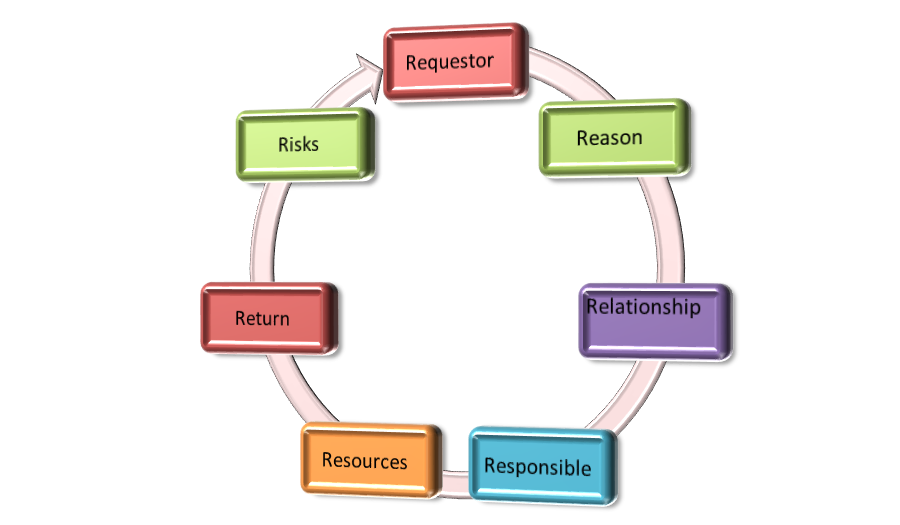Harrogate is a town in North Yorkshire. In the Equestrian of York-shire, the city is a traveller station. The city's visitor charismas contains its RHS Harlow Carr gardens and spa waters. Harrogate created out of two lesser payments. One is high Harrogate and other is low Harrogate. Since 2013, polls have dependably voted the town as the gladdest place to live in Britain.
Harrogate's spa water covers sulphur, iron and common salt. The city developed known as The English Spa in the Georgian era after its waters were exposed in the 16th century. In the 17th and 18th periods, its chalybeate waters were a health action. The influx of wealthy but cloying companies donated to the wealth of the town.
Governance:
In 1884, the area of Harrogate was shaped in the form of High Harrogate from the civil parish of Bilton to the civil parish of Pannal. The area engrossed adjacent areas that forms civil groups of Bilton and Starbuck. The civic area was detached in 1974 when Harrogate was inspired from the West Riding.
The MP for the Harrogate and Knaresborough electorate is Andrew Jones, Outdated. He was designated in 2010, banishing the Liberal Democrats who had won the seat in the preceding three general elections.
Geography:
This city is a hall town for commuters working in Leeds. Harrogate is wealthy and has some of the highest property values in England.
Harrogate is situated on the edge of the Yorkshire Dales. It has a dry and mild weather, typical of places in the rain shadow of the Pennines. It is on the A59 from Skipton to York. At an elevation of between 100 and 200 meters, Harrogate is advanced than many English settlements. It has an average minimum temperature in January of slightly below 0 °C and a regular supreme in July and August of 20 °C.

 ENQUIRE
ENQUIRE
 REQUEST CALLBACK
REQUEST CALLBACK
 GET A FREE QUOTE
GET A FREE QUOTE


 Introduction
Introduction Course Details
Course Details Course Content
Course Content





 London
London